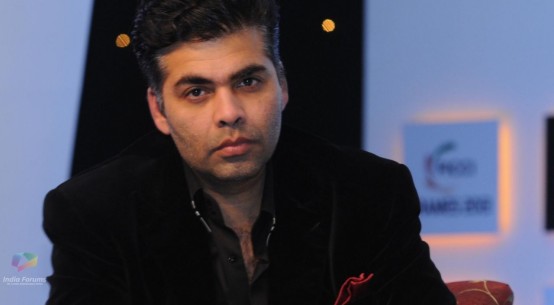
The UN was remarkably effective in the immediate years after the Cold War, thanks to the bonhomie that existed between Washington, Moscow and Beijing. Today, the world is criss-crossed with fault lines and not just between these three. The result is international agreement by the lowest common denominator and the selection of colorless UN heads. This problem is not exclusive to the UN — the European Union chooses its commissioners through a similar formula.
As has traditionally been the case, the announcement of a new United Nations secretary-general gives grounds to speculate as to what could have been. The UN, for all its many faults, still symbolically represents the Kantian ideal — a single worldwide entity dedicated to the peaceful and negotiated solution of disputes between nations and larger global concerns. The new secretary-general, former Portuguese prime minister Antonio Guterres is a more political animal than Ban Ki-moon, the former South Korean diplomat he replaces. But otherwise he is cut from the same cloth that most UN heads are. He comes from a small country, has a record of not saying or doing anything remotely controversial and, finally, there is a consensus among the major states that he will not stir the UN’s stagnant waters. The UN’s effectiveness waxes and wanes on exactly this point: How strong is the consensus on international issues among the great powers. Increasingly, this consensus now includes countries like India and Brazil as well as the traditional permanent five Security Council members. The UN was remarkably effective in the immediate years after the Cold War, thanks to the bonhomie that existed between Washington, Moscow and Beijing. Today, the world is criss-crossed with fault lines and not just between these three. The result is international agreement by the lowest common denominator and the selection of colorless UN heads. This problem is not exclusive to the UN — the European Union chooses its commissioners through a similar formula.
It would be nice to think that in some important capitals around the world there would be a sense that a dynamic statesman might be what a system in crisis needed. Shareholders of a major corporation on the brink would. Voters of a nation stuck in a rut prefer the change candidate. The opposite happens in the UN. The worse the state of the world, the less willing the international community is to choose someone who could push them into finding solutions. Mr Guterres’ appointment also dashes hopes that the UN would at least score one symbolic victory in being headed, for the first time, by a female. A surprising seven out of the 13 candidates for the position were women this time so, at the very least, there can some expectation that this blue glass ceiling will be broken sometime in the coming years. As former head of the UN’s refugee agency, Mr Guterres will at least be familiar with some of the pressing problems facing his organization today — state collapse in Syria and Iraq, boat people in the Mediterranean and climate change-induced migration. The UN maintains a constant global approval rating of about 65% even while expectations for a UN chief are generally just above rock bottom. Mr Guterres has an opportunity to be a different kind of UN leader and prove the conventional wisdom wrong.



